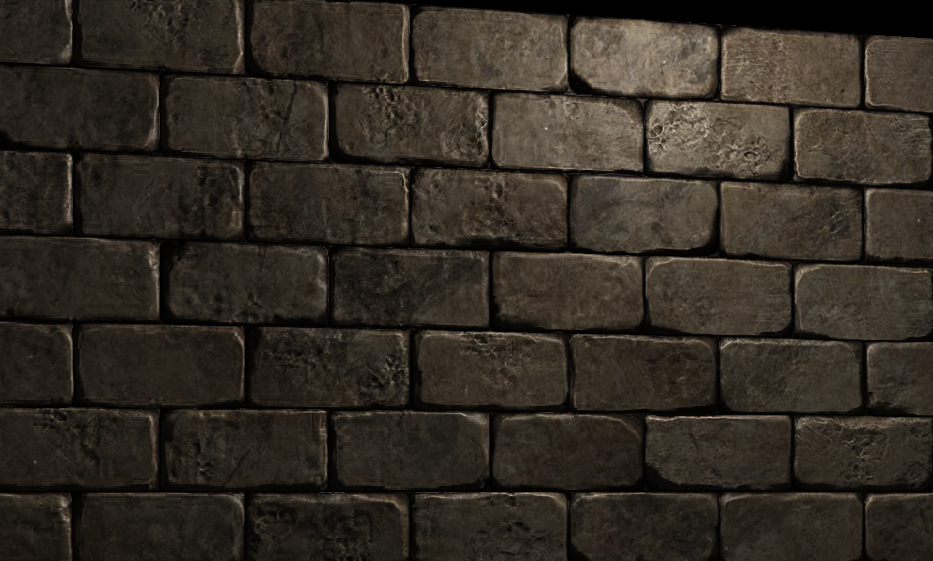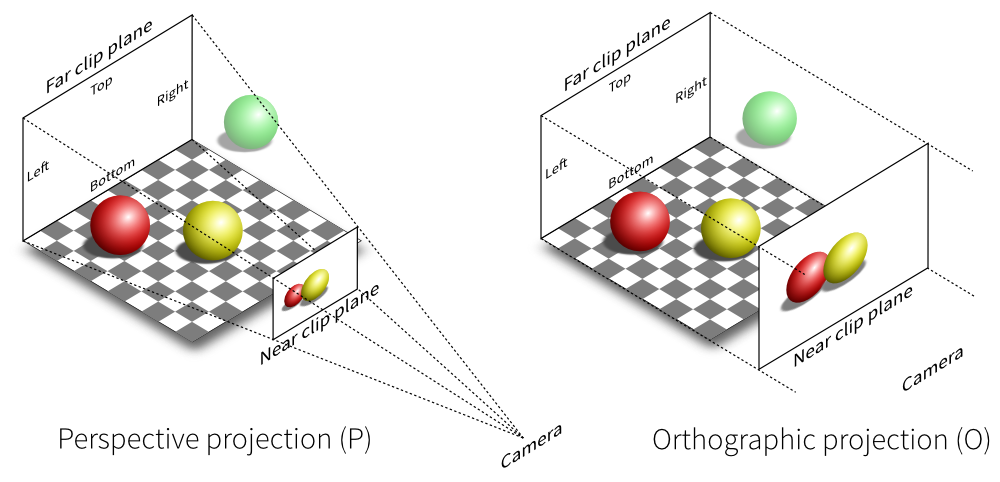1
2
3
4
5
6
7
8
9
10
11
12
13
14
15
16
17
18
19
20
21
22
23
24
25
26
27
28
29
30
31
32
33
34
35
36
37
38
39
40
41
42
43
44
45
46
47
48
49
50
51
52
53
54
55
56
57
58
59
60
61
62
63
64
65
66
| #include <cstdio>
#include <vector>
#include <iostream>
#include <algorithm>
#include <cstdlib>
#include <stack>
#include <cstring>
const int MAXN = 400005;
std::vector<int> edge[MAXN];
inline void addEdge(const int u, const int v) { edge[u].push_back(v); }
std::stack<int> st;
int dfn[MAXN], low[MAXN], inComponent[MAXN], idx, cnt, n, m;
bool vis[MAXN];
inline void tarjan(const int u) {
vis[u] = true, st.push(u), low[u] = dfn[u] = ++idx;
for (register int i = 0, v; i < edge[u].size(); i++) {
if (!dfn[v = edge[u][i]]) tarjan(v), low[u] = std::min(low[u], low[v]);
else if (vis[v]) low[u] = std::min(low[u], dfn[v]);
}
if (dfn[u] == low[u]) {
register int v;
inComponent[u] = ++cnt, vis[u] = false;
while (v = st.top(), st.pop(), v != u) inComponent[v] = cnt, vis[v] = false;
}
}
inline int neg(int x) {
if (x <= n) return x + n;
return x - n;
}
inline void init() {
cnt = idx = 0;
memset(edge, 0, sizeof(edge));
memset(dfn, 0, sizeof(dfn));
}
inline void build() {
register int u, v;
char a, b;
for (register int i = 1; i <= m; i++) {
scanf("%d%c %d%c", &u, &a, &v, &b);
u++, v++;
if (a == 'h') u += n;
if (b == 'h') v += n;
addEdge(u, neg(v)), addEdge(v, neg(u));
}
addEdge(1, 1 + n);
}
int main() {
while (scanf("%d%d", &n, &m), n > 0 || m > 0) {
init();
build();
for (register int i = 1; i <= n << 1; i++)
if (!dfn[i])
tarjan(i);
bool flag = true;
for (register int i = 1; i <= n && flag; i++)
if (inComponent[i] == inComponent[i + n])
flag = false;
if (!flag) {
puts("bad luck");
continue;
}
for (register int i = 2; i <= n; i++) printf("%d%c%c", i - 1, (inComponent[i] > inComponent[i + n]) ? 'w' : 'h', " \n"[i == n]);
if (n < 2) printf("\n");
}
return 0;
}
|



